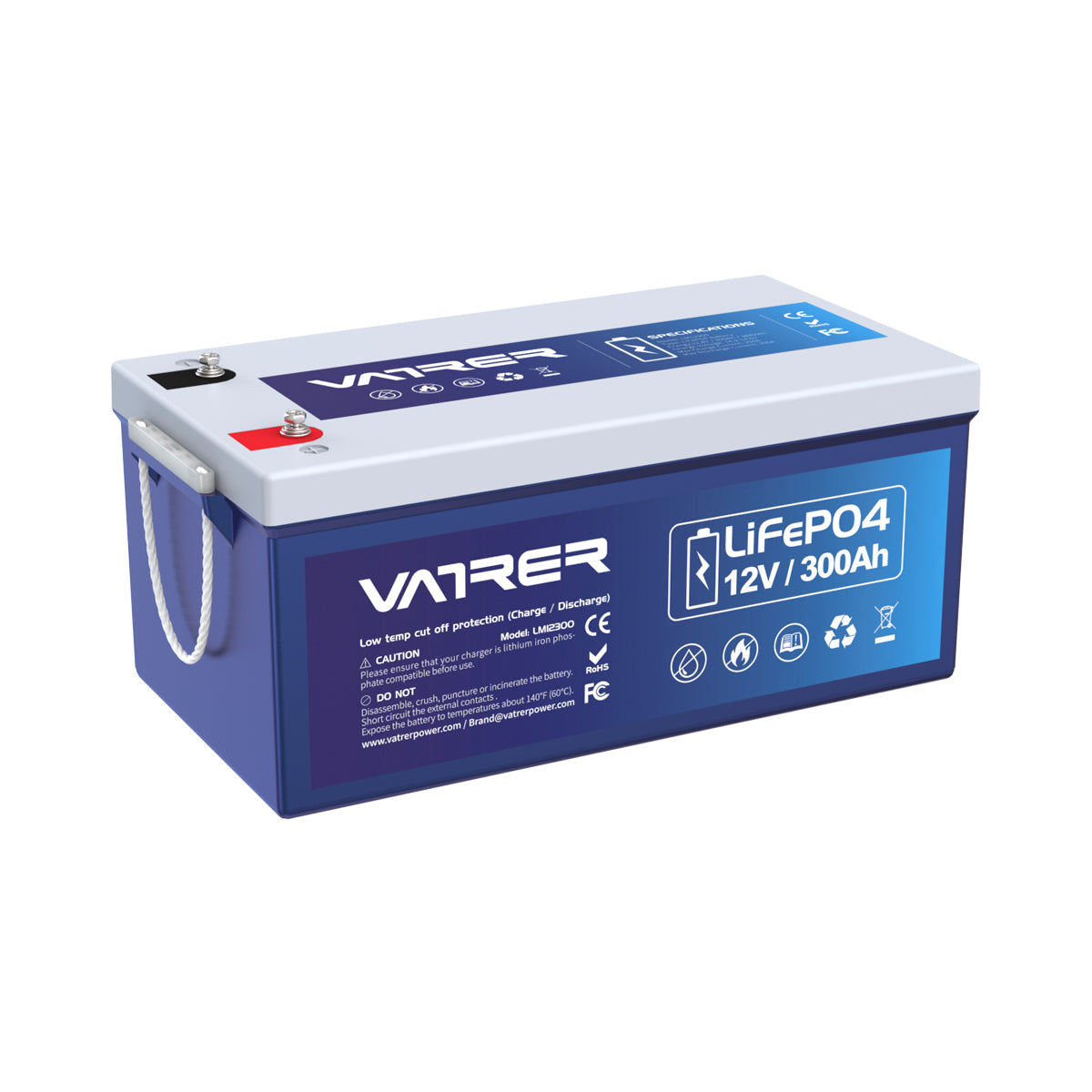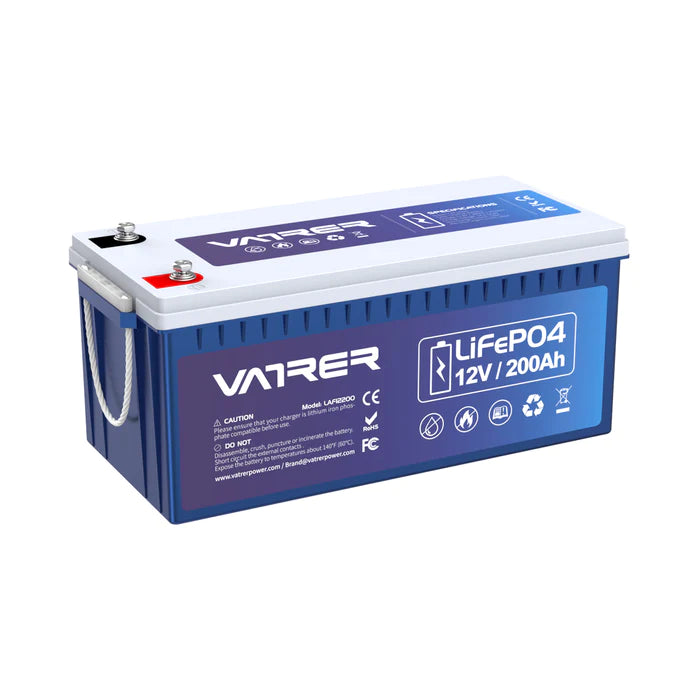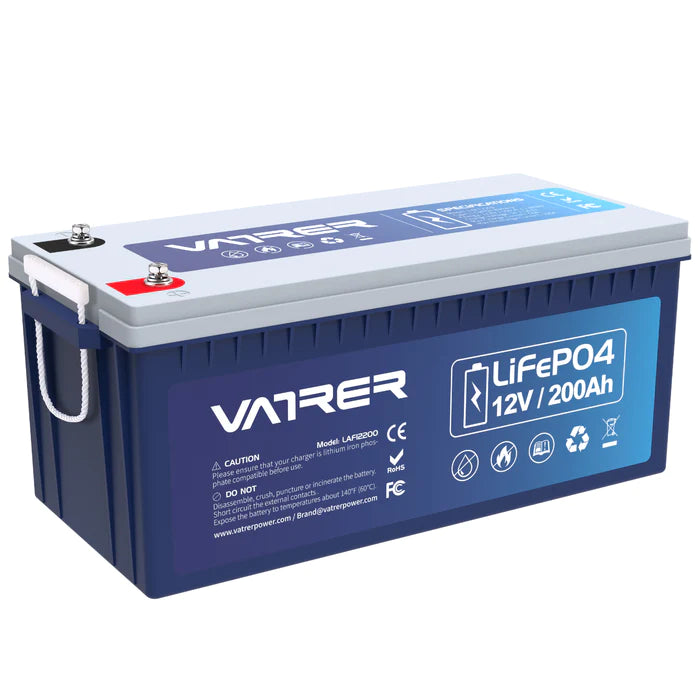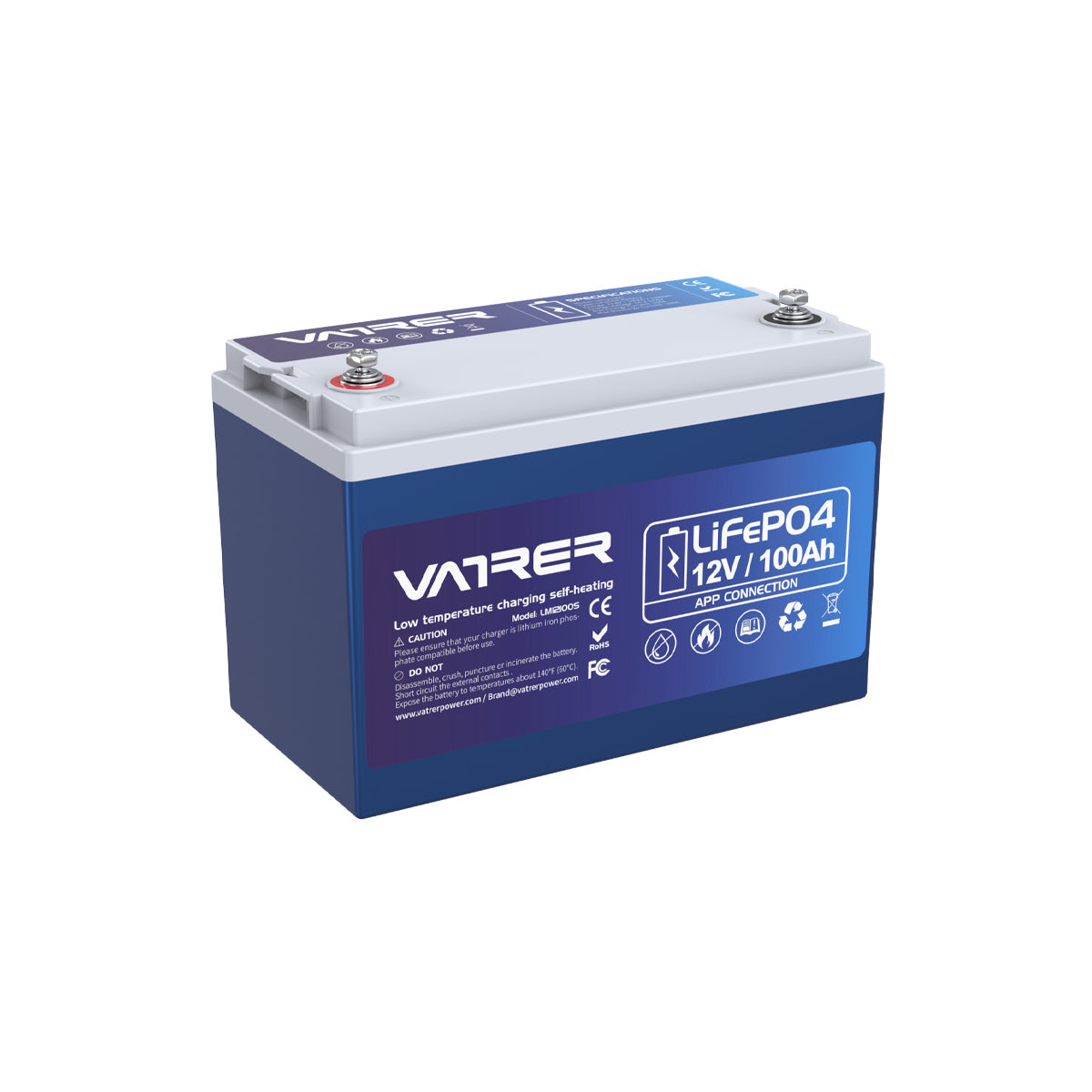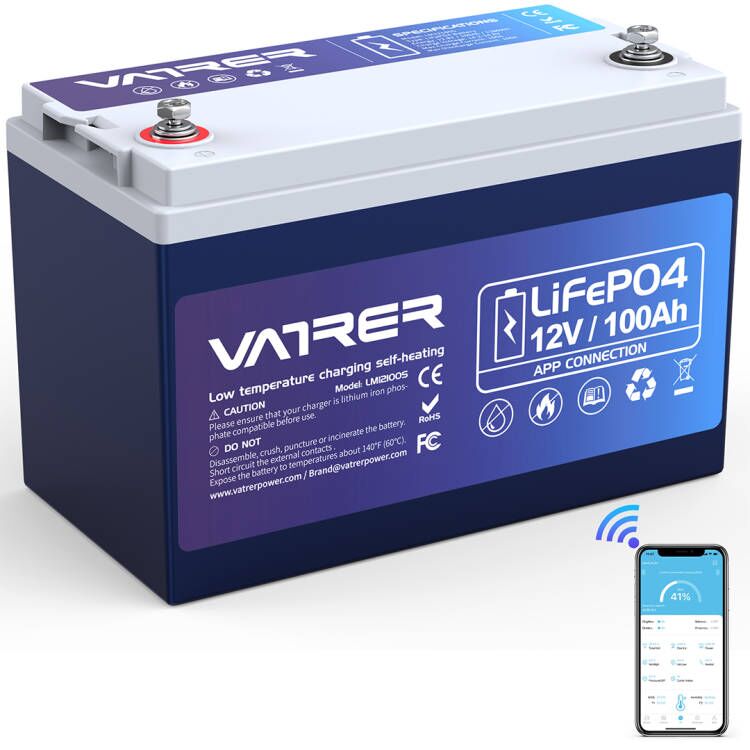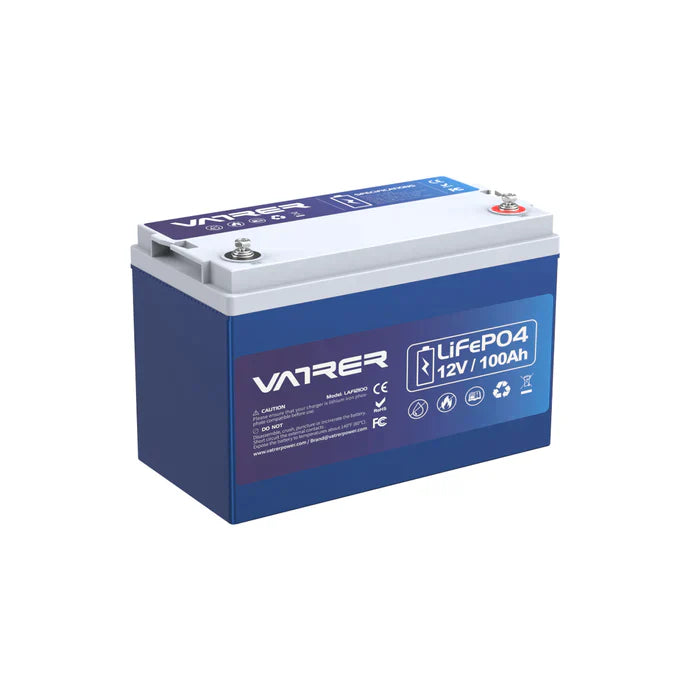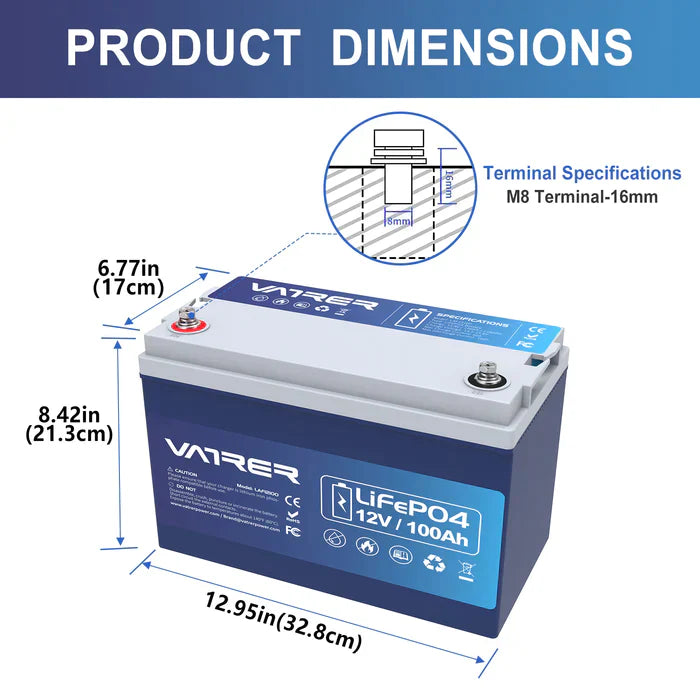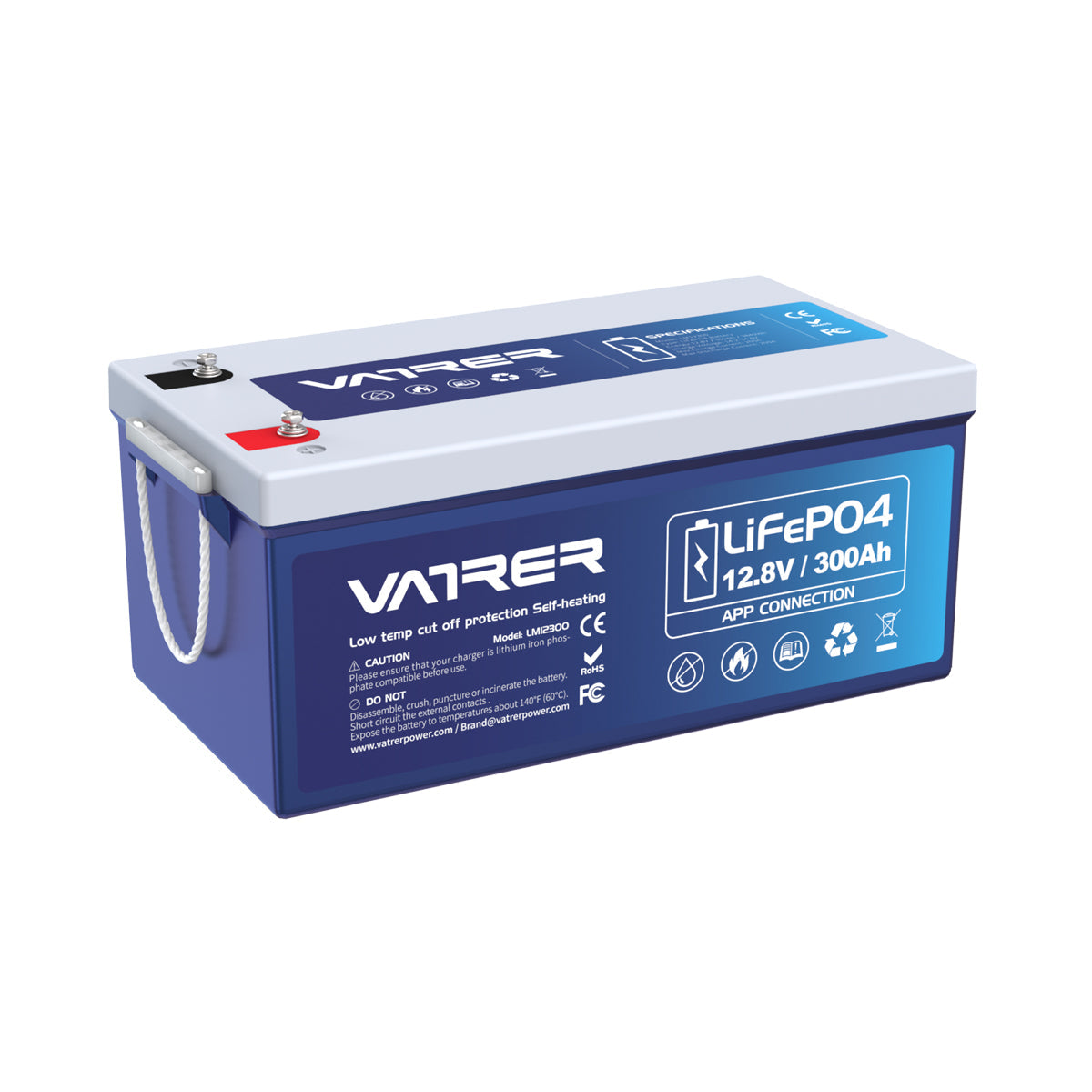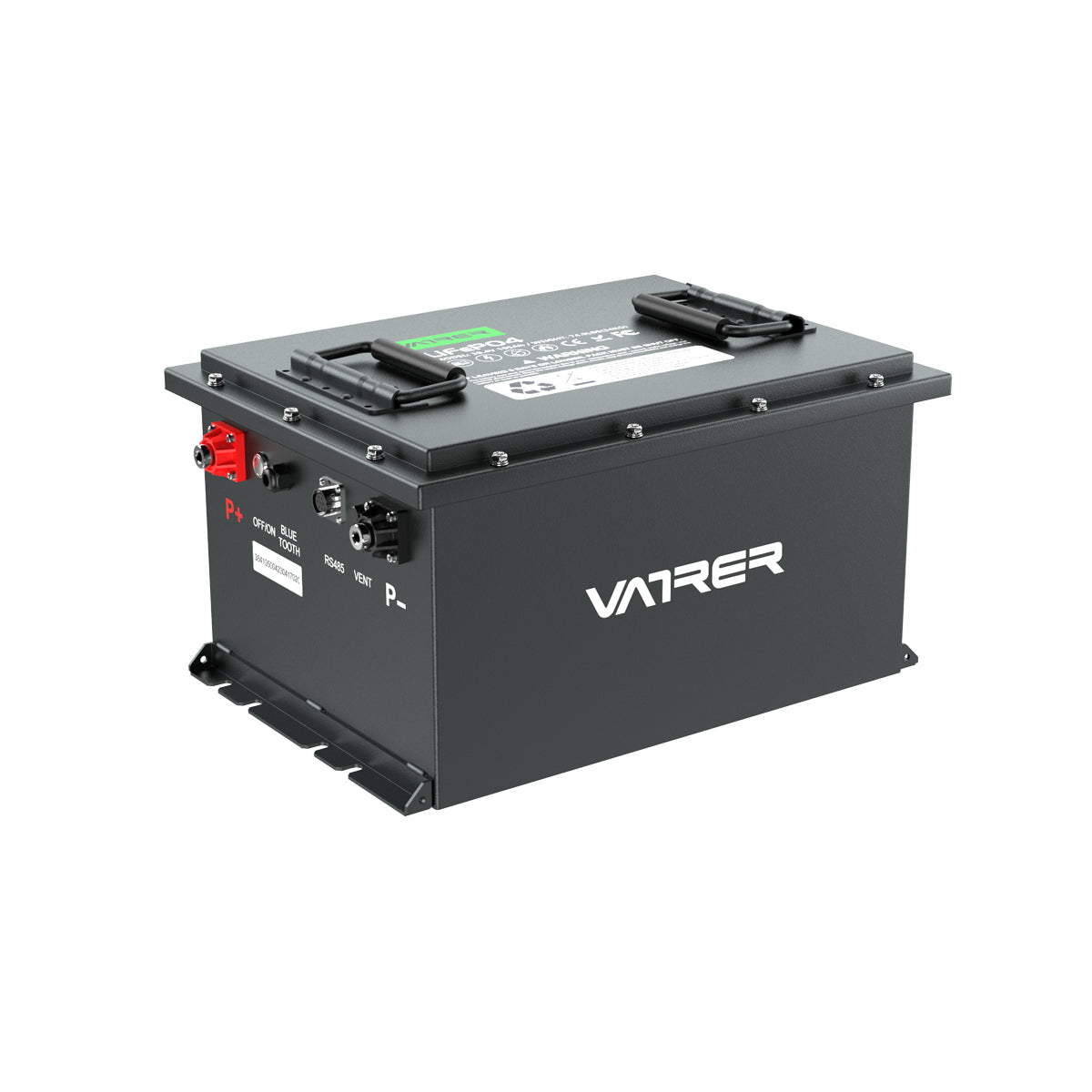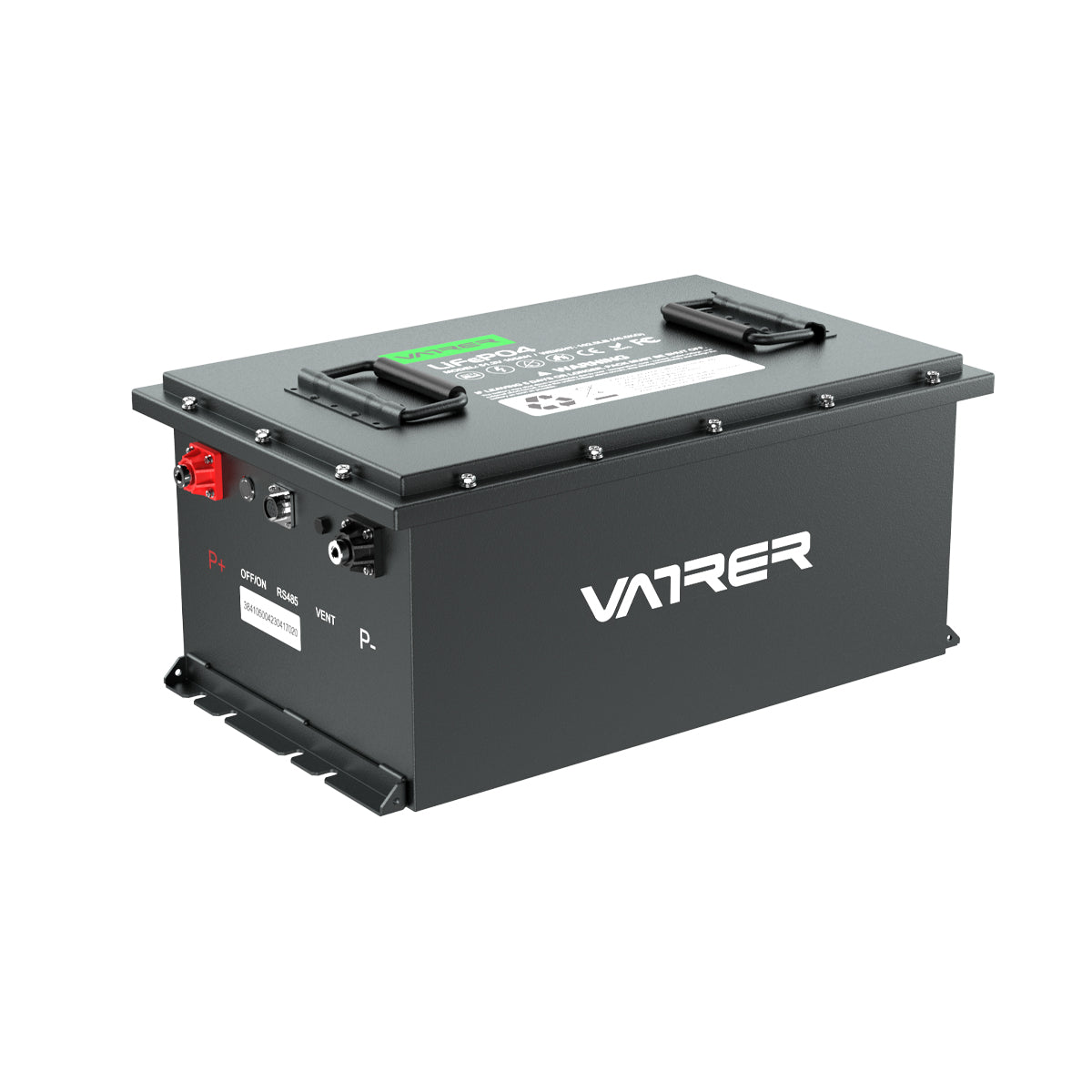Solar energy has become a popular choice for homeowners and businesses looking to reduce their carbon footprint and save on electricity bills. A crucial component of any solar power system is the solar battery, which stores excess energy for use when the sun isn't shining. But how long can you expect a solar battery to last? In this blog post, we'll explore the lifespan of solar batteries and what factors can affect their longevity.

Understanding Solar Battery Lifespan
The lifespan of a solar battery is typically measured in cycles, which represent the number of times the battery can be fully discharged and recharged. Most solar batteries are designed to last between 300 to 5,000 cycles, depending on the type and quality of the battery.
Types of Solar Batteries
There are several types of solar batteries, each with its own advantages and lifespan expectations:
-
Lead-Acid Batteries: These are the oldest type of batteries used in solar systems. They are inexpensive but have a shorter lifespan, usually around 500 to 1,000 cycles.
-
Lithium-Ion Batteries: Known for their high energy density and long life, lithium-ion batteries can last from 2,000 to 5,000 cycles.
-
Saltwater Batteries: A newer, eco-friendly option, saltwater batteries can last for about 3,000 cycles.
-
Flow Batteries: These batteries have a unique design and can potentially offer the longest life, with some lasting for 10,000 cycles or more.
Factors Affecting Battery Lifespan
Several factors can influence how long a solar battery will last:
-
Depth of Discharge (DoD): The deeper the battery is discharged in each cycle, the shorter its overall lifespan.
-
Temperature: Extreme temperatures can degrade battery performance and lifespan.
-
Quality of the Battery: Higher quality batteries tend to last longer.
-
Maintenance: Regular maintenance can extend the life of the battery.
Lifespan of Solar Batteries by Type
Here's a table summarizing the average lifespan of different types of solar batteries:
| Battery Type | Average Lifespan (in cycles) | Estimated Years (based on daily cycling) |
|---|---|---|
| Lead-Acid | 500 - 1,000 | 1.37 - 2.74 years |
| Lithium-Ion | 2,000 - 5,000 | 5.48 - 13.7 years |
| Saltwater | 3,000 | 8.22 years |
| Flow Batteries | 10,000+ | 27.4+ years |
(Note: The estimated years are calculated assuming one cycle per day. Actual lifespan may vary based on usage patterns and conditions.)
Conclusion
The lifespan of a solar battery can vary significantly based on the type of battery and how it's used and maintained. While lead-acid batteries offer a more economical option, they don't last as long as lithium-ion or flow batteries. When choosing a solar battery, consider your energy needs, budget, and the environmental impact to make the best decision for your solar power system. With proper care, your solar battery can provide reliable energy storage for many years to come.












